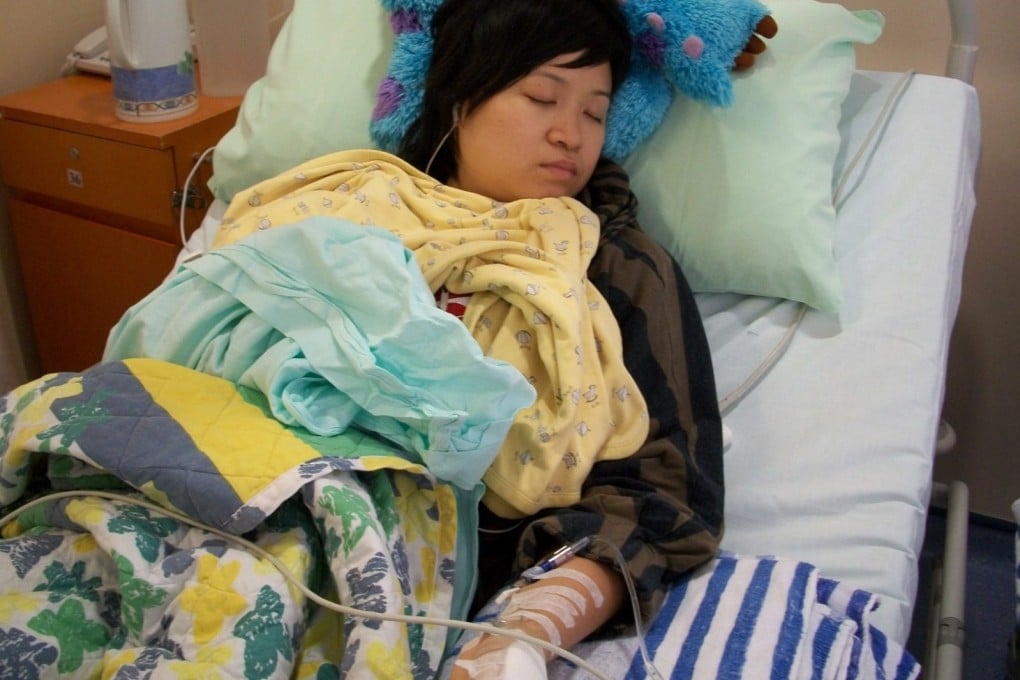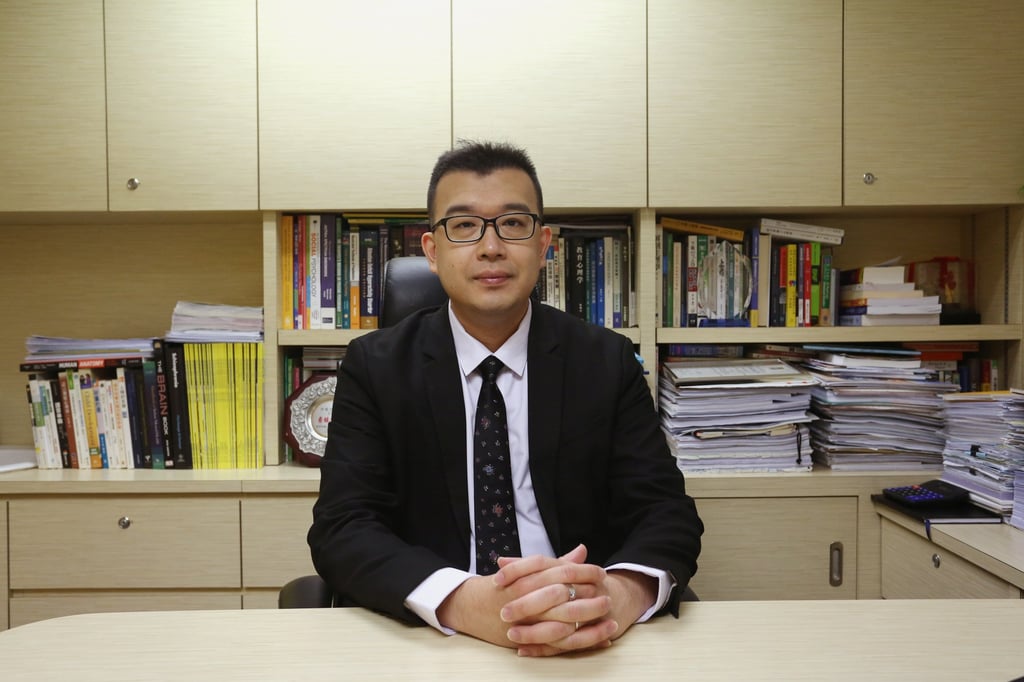‘Invisible pain is something you can’t speak about’: why we need to admit that mental pain affects us physically, and how to relieve it
- Invisible pain is something we can’t put our finger on. It can be caused by buried feelings, trauma or high self-expectation, people tell a panel discussion
- We go to doctors to find the source of our pain without thinking about the mind, a psychiatrist tells the panel. His prescription? Be gentler on ourselves

Denise Tam was 26 when she was diagnosed with stage 4 cancer. Alongside her treatment, she looked into how foods can help heal the body. After changing her diet and lifestyle, she went into remission. But a year later, the cancer was back.
“After the second diagnosis, I took the time to understand my invisible pains, which were from childhood. There was a lot of unspoken pain which I didn’t address, coming from an unstable immigrant home in Canada,” said Tam.
As a young girl she became a “yes child”, setting aside her own needs to keep the home as peaceful as possible. But the price of suppressing her emotions and pain was high. “It led to an adolescence trying to escape from the home and escape from the pain, essentially going into alcohol and drugs,” said Tam.
She was speaking in a panel discussion, Invisible Pain, Visible Healing, organised in the lead-up to the American Chamber of Commerce in Hong Kong’s (AmCham) Women of Influence Awards in late November.
